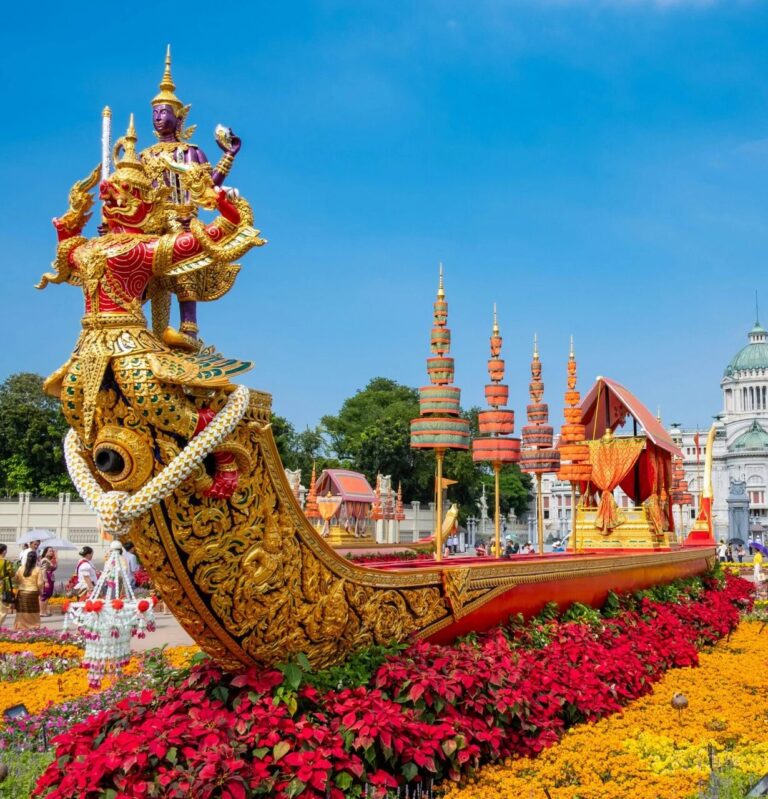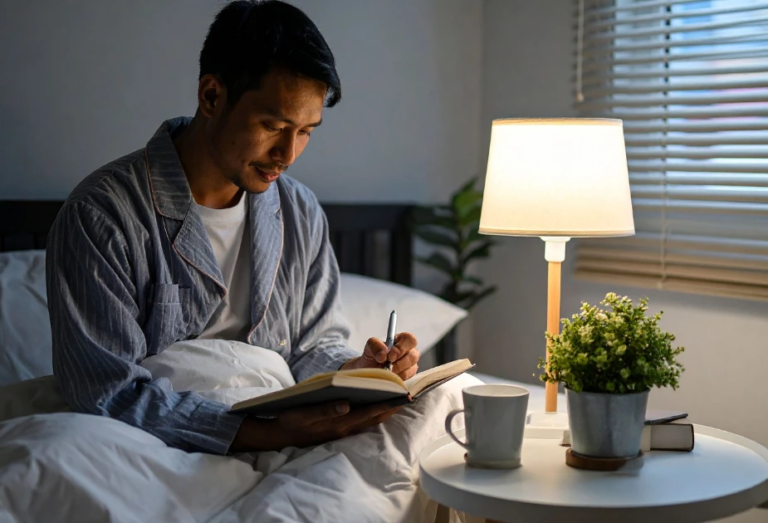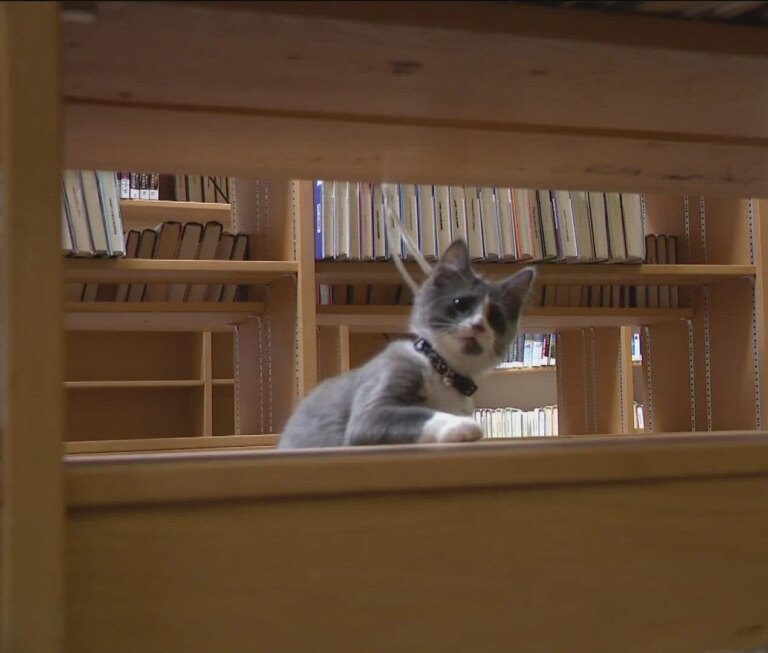In Accra, Ghana, the Dikan Centre, founded by Paul Ninson, houses Africa’s largest visual library and serves as a hub for learning and culture.
In the Ghanaian capital of Accra, there is a remarkable learning institution – the Dikan Center. The education centre’s library of photographs and visual resources is the largest of its kind on the African continent, and it serves as a lifeline, connecting the threads of shared culture and history to generations to come.
Dikan is the creation of Paul Ninson and his team. It stands as a powerful reminder that, even in a rapidly changing world, we do not have to lose the stories and traditional practices that define us.
A Lifelong Project
As a Ghanaian, Paul Ninson has always been proud of his culture and his background. From a young age, he set out to contribute to this culture and also to preserve it for the young people of Ghana and the young people of Africa as a whole.
He enrolled at the Kwame Nkrumah University in Kumasi, Ghana, and then received a scholarship for the Documentary Practice and Visual Journalism at New York’s International Center of Photography. While in New York, he began amassing a huge collection of photography books, which would form the basis for the Dikan Centre collections.

Paul has continued his work abroad, most recently with the Museum of Archaeology and Anthropology at the University of Pennsylvania. But still, he remains executive director of Dikan, presiding over its growth and development.
A Record-Breaking Resource
Accra’s Dikan Centre is a real record breaker. It’s the largest library and institution of its kind in the whole of Africa, with the biggest collection of resources. It also houses Ghana’s first public photo gallery. But this is only a small part of the Dikan story. The records and the numbers are all well and good, but it’s not really what the project is all about. Instead, the Dikan team is out to do something much more profound.

Firstly, the Dikan Centre is not just a library. It’s a place of education. The team is proud to offer “a rigorous multidisciplinary curriculum that revolutionizes the way education is approached,” bringing in visual elements that enrich and enliven the experience of students.
With Dikan’s unique approaches, the team hopes to foster creativity, critical thinking, entrepreneurship, and problem-solving skills – “essential attributes for thriving in the 21st Century.”
Registered as a non-profit, the organisation is headed by Paul and his colleagues, including librarian Yaw Baah-Nuakoh, education coordinator Beatrice Owusu-Boateng, and creative lead Robert Grayson. Together, they are delivering the skills that Ghanaian students need.
Carrying History and Culture Forward
The Dikan Centre is really about connection. The Dikan team actively seeks out and uncovers links that others might overlook—between, for example, the cutting-edge, digital-age skills Ghana needs in its young people, and the centuries-old traditions that form the bedrock of Ghanaian identity.
These two aspects of education seem disparate, far apart from one another. But for the Dikan Centre and its team, they are intrinsically linked. Today’s students and today’s young people in general are building the knowledge that their country needs to be a real competitor and contributor on the world stage, and the fruits of this are already evident.

Ghana’s financial technology industry is a significant contributor to GDP and serves as a prime example of the country’s forward-thinking approach to digital development.
But this kind of economic progress and social opportunity does not need to come at the expense of history and culture, of identity. This is what I mean by connection – with the Dikan Centre, young Ghanaians are supported by innovative approaches to learning and equipped with a wealth of twenty-first-century skills, while maintaining strong ties to the cultural identities of their ancestors.
For Paul Ninson, this was the mission all along.
Engaging with the Dikan Centre
You don’t necessarily need to be a student to engage with the Dikan Centre. You can find this remarkable learning institution on Third Kaajano Street, in Accra’s South La Estate. From Monday to Friday, the institution’s classrooms are filled with young learners, gaining the knowledge and qualifications they need as they progress on their life’s journey.

But there is the Dikan Library too. With no membership required, non-students are encouraged to walk in and browse the vast array of books free of charge. There are also galleries, showcasing the vibrant culture, art, and humanity of Ghana and West Africa. These are free of charge too, and open to the public from Tuesday to Sunday.
There’s plenty to see and do in Accra, one of Africa’s most bustling cities, and a visit to Dikan is among the capital’s highlights. Ghana’s culture and identity are everywhere you look in Accra, and in the country as a whole, but projects like the Dikan Centre are helping to not only keep the flame alive but keep it burning brighter than ever before, no matter what the future holds in store.
Join our community of 1.5M readers
Like this story? You'll love our free weekly magazine.








